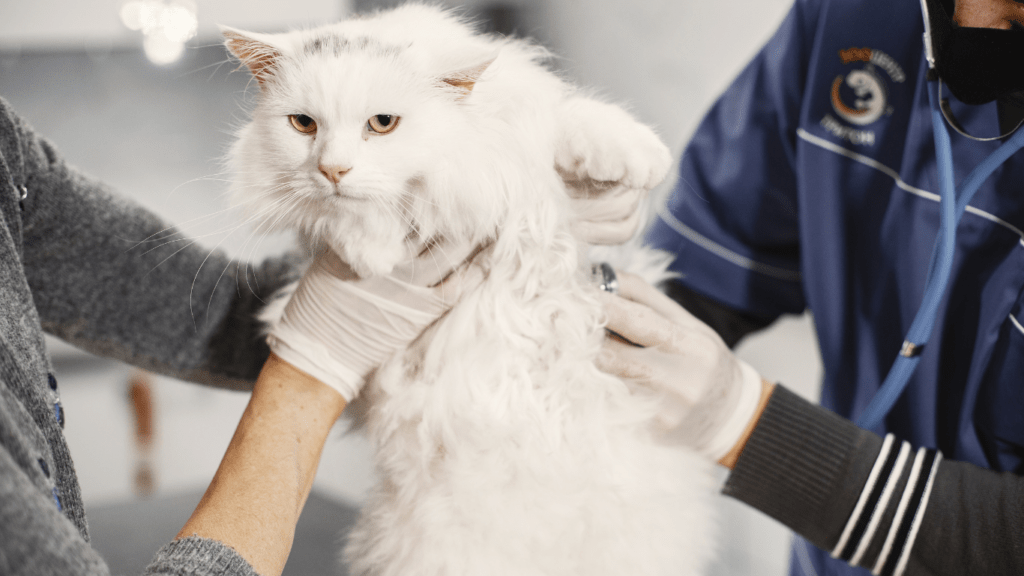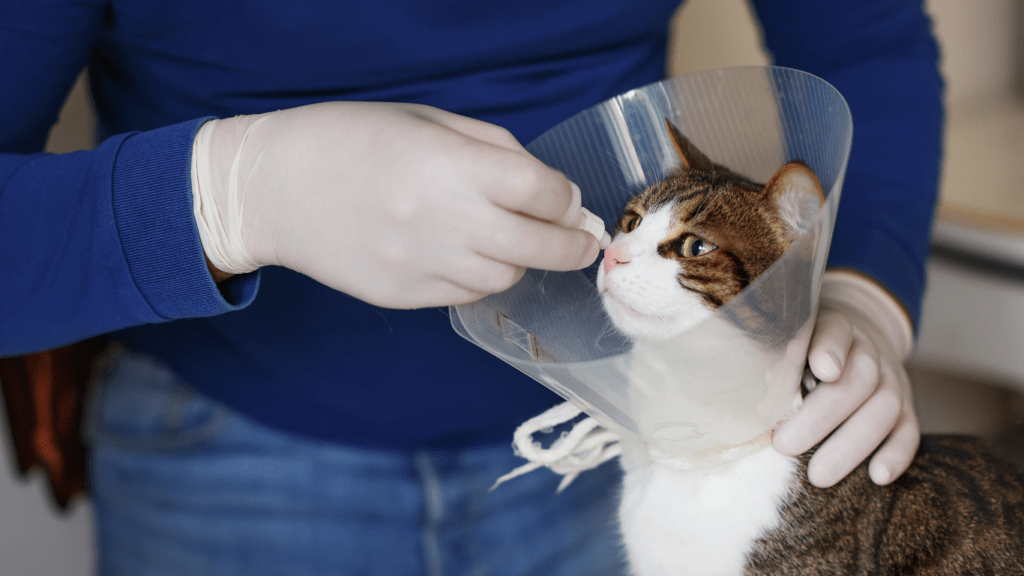Have you ever wondered how your furry friend’s behavior is linked to their gut health? In the world of veterinary science, groundbreaking discoveries are shedding light on the profound impact of gut health on pet behavior. As a pet owner, understanding this connection can help you provide the best care for your beloved companion.
Recent studies have revealed fascinating insights into how the gut microbiome influences not just physical health, but also behavior in pets. From mood to anxiety levels, the state of your pet’s gut plays a crucial role in shaping their overall well-being.
Join me as we delve into the latest findings that are revolutionizing the way we perceive and care for our pets’ health.
Understanding Gut Health in Pets
Exploring the intricate relationship between a pet’s behavior and their gut health reveals fascinating insights into how the two are intricately connected. The latest breakthroughs in veterinary science shed light on the profound impact of the gut microbiome on not just physical well-being but also behavioral patterns in pets.
It’s crucial to grasp this symbiosis to ensure comprehensive care for our furry companions, as recent research is revolutionizing the approach to pet healthcare.
Impact of Gut Health on Pet Behavior
- Impact of Gut Health:
The gut microbiome significantly influences pet behavior and overall dispositions, highlighting its importance in understanding pet health. - Role in Behavior:
Exploring the connection between gut health and behavior can provide insights into how the gut microbiome shapes our pets’ actions and well-being.
Relationship Between Gut Health and Behavior
I’ve delved into the intricate relationship between gut health and pet behavior, uncovering fascinating insights. The gut microbiome, comprising trillions of microorganisms, exerts significant influence on a pet’s mood, stress levels, and overall behavior.
Research has shown that imbalances in gut bacteria can lead to behavioral issues such as anxiety, aggression, and even cognitive dysfunction in pets.
Behavioral Changes Due to Gut Health Issues
In my exploration of veterinary studies, I’ve come across compelling evidence highlighting the behavioral changes associated with gut health issues in pets. Digestive disorders, inflammation, and dysbiosis can manifest as altered behaviors in animals, including changes in appetite, social interactions, and activity levels.
Addressing these underlying gut health concerns is essential for maintaining optimal behavior and well-being in our beloved companions.
Veterinary Science Discoveries on Gut Health in Pets
Exploring recent insights from veterinary science sheds light on the vital connection between gut health and pet behavior. Researchers have delved into the intricate workings of the gut microbiome in animals, highlighting its profound influence on how pets behave and interact with their environment.
Studying gut health in pets has revealed that imbalances in gut bacteria can directly impact various aspects of their behavior. For instance, issues such as anxiety, aggression, changes in appetite, and altered social interactions have been linked to disturbances in the gut microbiota of animals.
Moreover, veterinary science underscores the critical role of addressing gut health concerns in ensuring optimal behavior and overall well-being in pets. By understanding and maintaining a healthy gut balance, pet owners can help support their furry companions’ emotional and physical health, promoting positive behavior and a harmonious relationship between pets and their human families.


 Rudylier Alejandrosh, the visionary founder of Animal Potty Care, created the platform out of a deep passion for improving pet care solutions and enhancing the relationship between pets and their owners. With years of experience as a dedicated pet enthusiast, Rudylier recognized the challenges pet owners face in managing their pets' behavior, especially in areas like potty training and travel care. His commitment to making pet ownership easier and more enjoyable is reflected in the resources and guidance provided on the platform, which empowers pet owners with practical tips, innovative solutions, and a better understanding of their pets' needs.
Rudylier Alejandrosh, the visionary founder of Animal Potty Care, created the platform out of a deep passion for improving pet care solutions and enhancing the relationship between pets and their owners. With years of experience as a dedicated pet enthusiast, Rudylier recognized the challenges pet owners face in managing their pets' behavior, especially in areas like potty training and travel care. His commitment to making pet ownership easier and more enjoyable is reflected in the resources and guidance provided on the platform, which empowers pet owners with practical tips, innovative solutions, and a better understanding of their pets' needs.